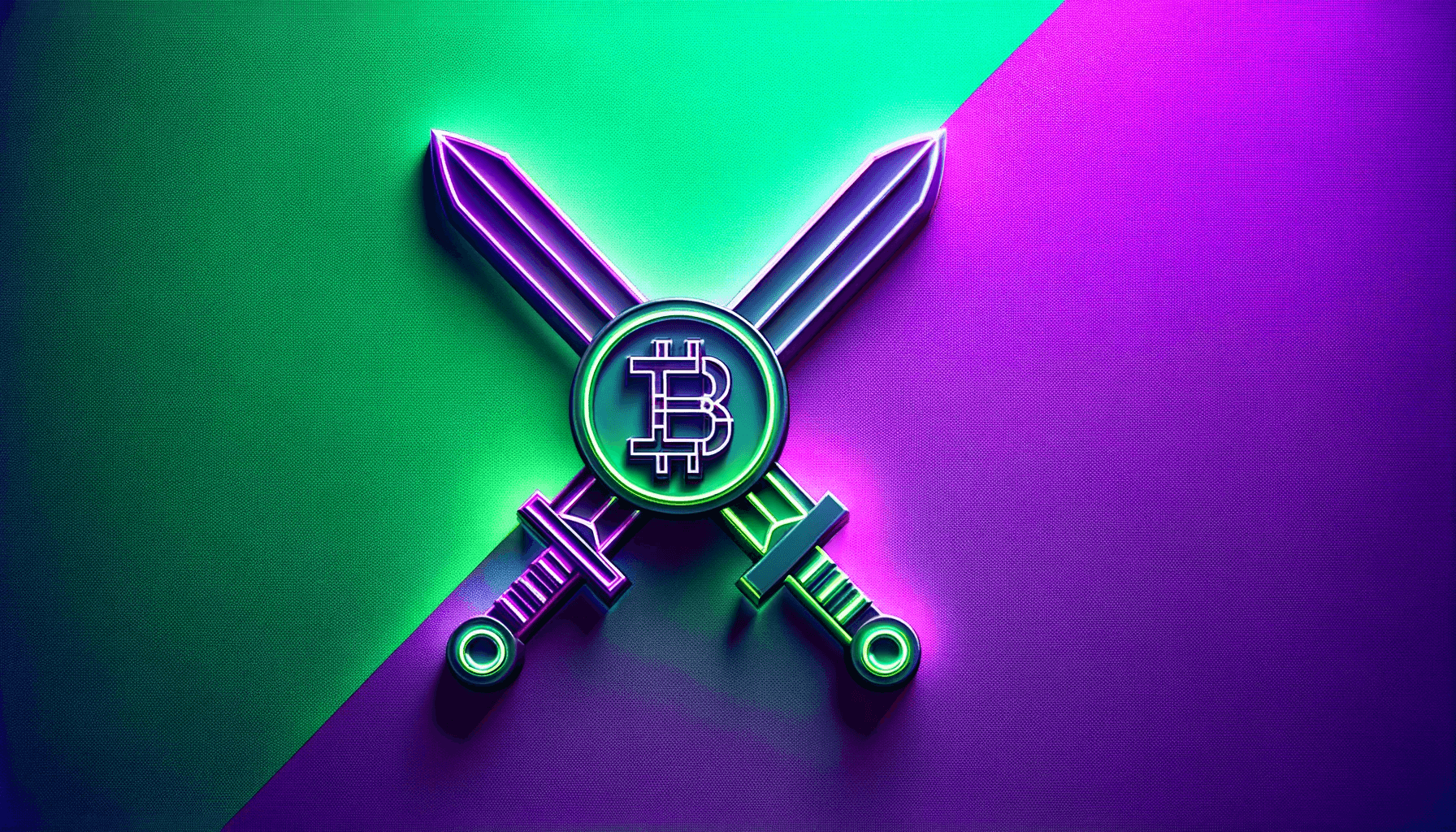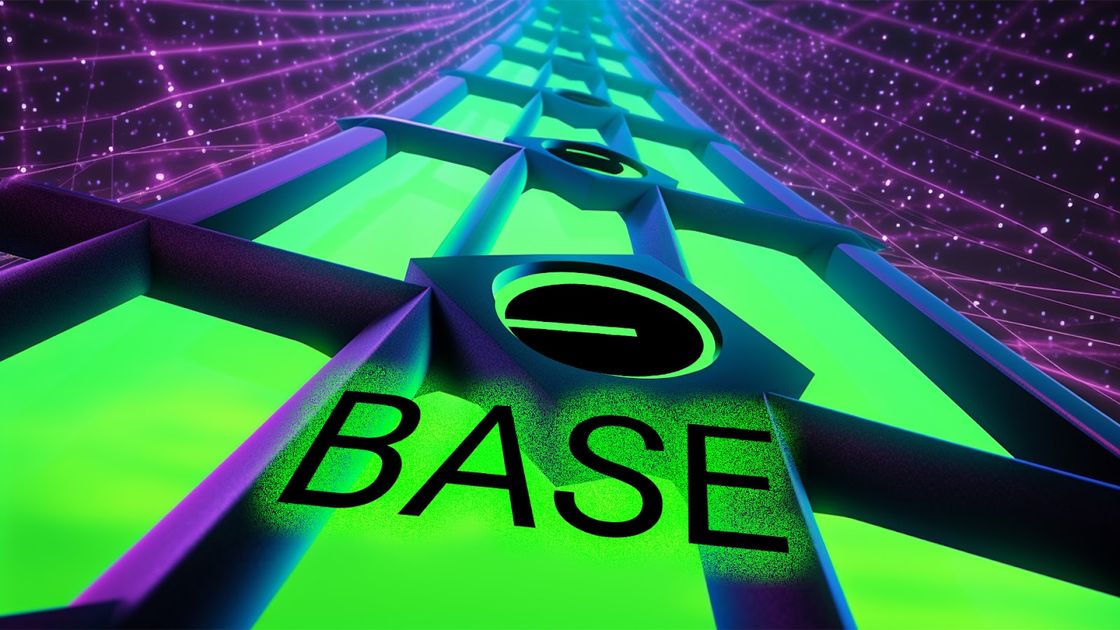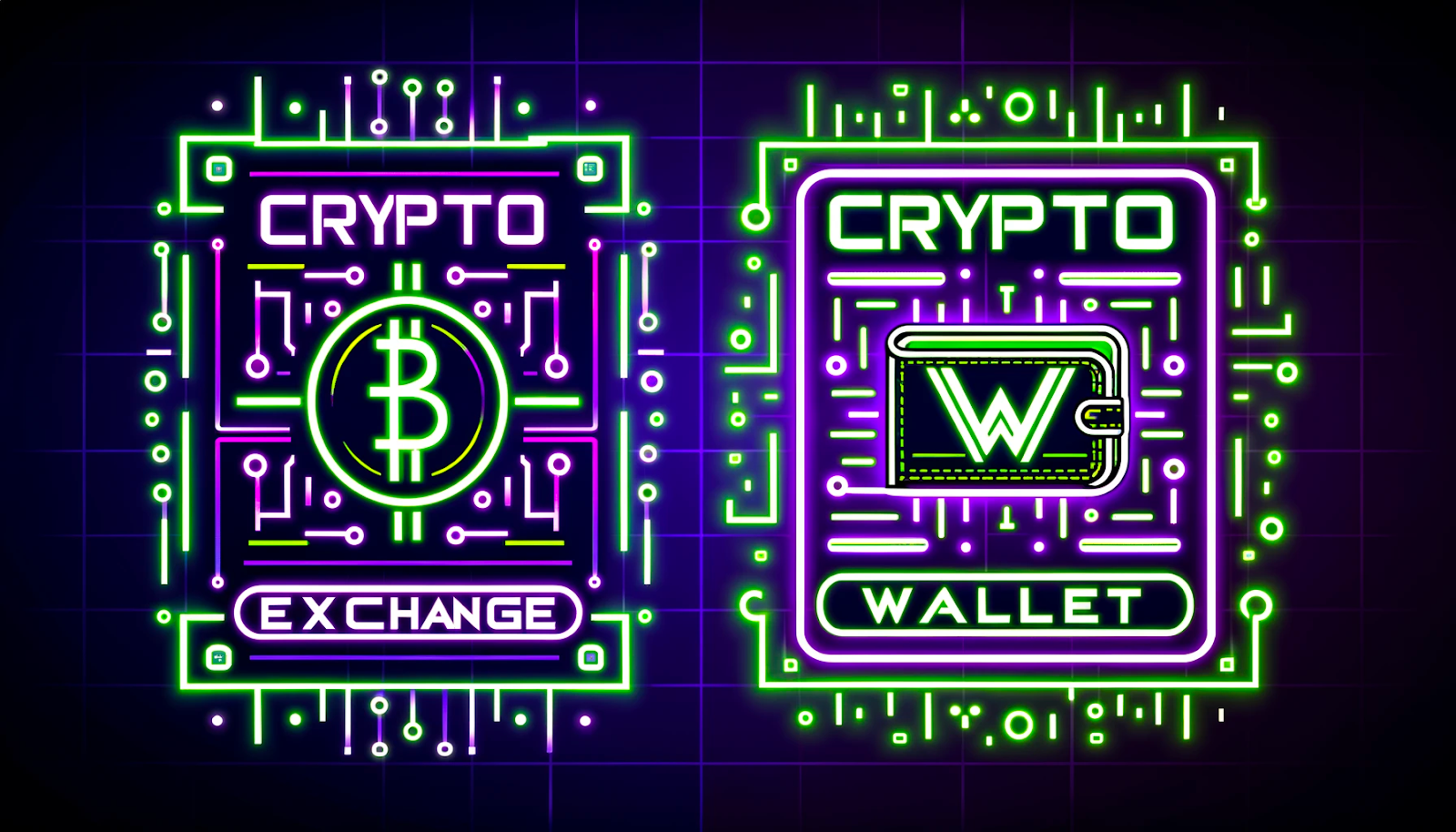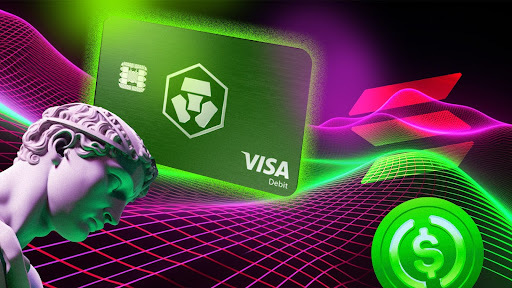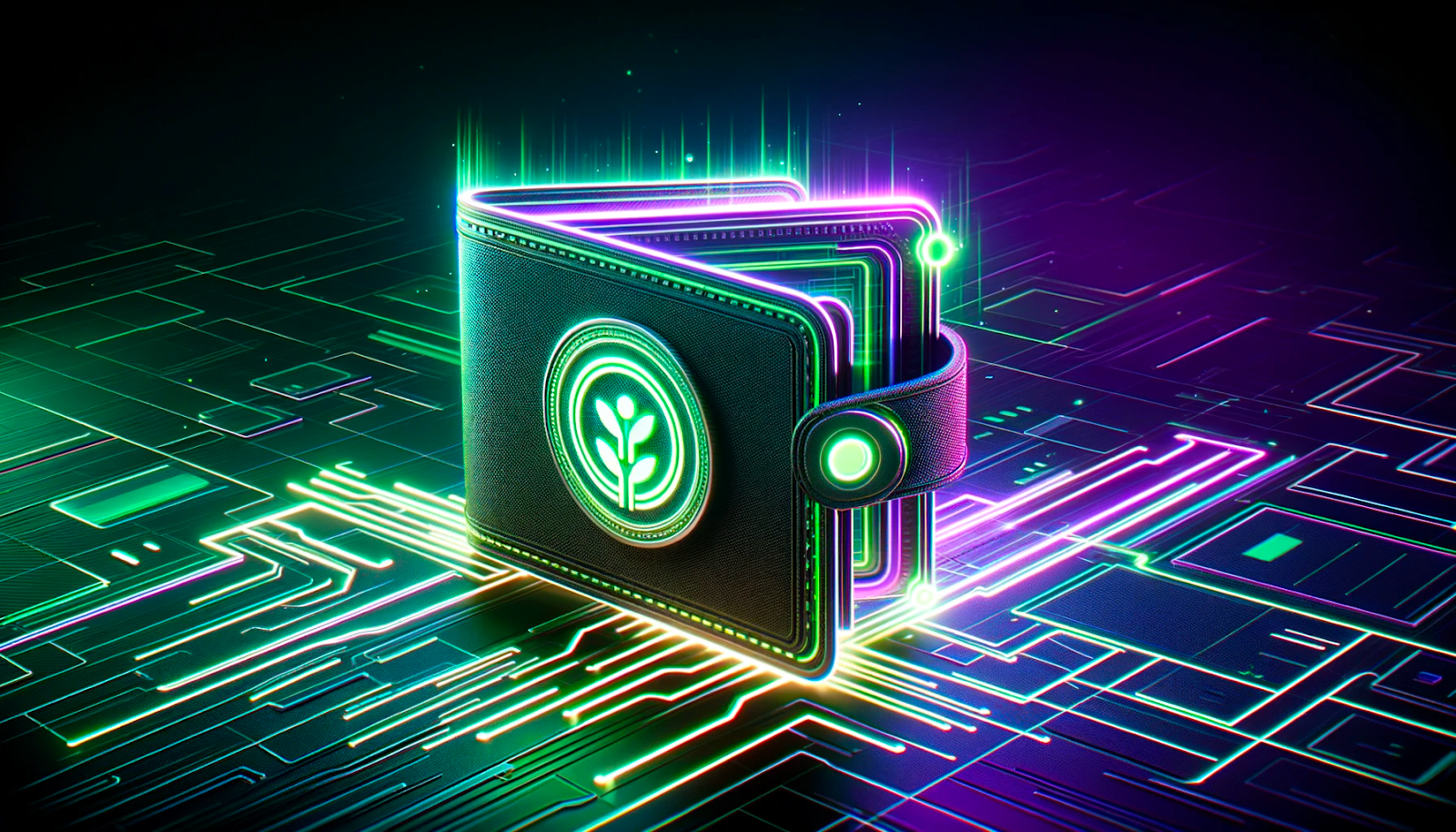
In the rapidly evolving world of decentralised finance (DeFi), DeFi wallets have emerged as crucial tools.
DeFi wallets prioritise security and autonomy, offering users full control over their private keys. This aspect is fundamental in DeFi, as it aligns with the ethos of decentralisation – ensuring that users have complete control over their assets without reliance on intermediaries.
The most common type of DeFi wallet is Ethereum-based.
A list of the best Ethereum wallets can be found here.
This guide aims to provide a thorough understanding of what is a DeFi wallet, exploring its unique features, how it operates, notable examples in the market, and tips for effective use in the DeFi ecosystem.
What is a DeFi Wallet?
What is a DeFi wallet?, they are essential for facilitating transactions in the DeFi space, including trading, staking, borrowing, and lending, acting as a bridge between users and decentralised financial services, making it more convenient for users to navigate the DeFi ecosystem.
DeFi wallets typically connect to various blockchain networks, with Ethereum being the most prominent, particularly ERC-20 tokens due to its extensive range of DeFi applications.
By connecting to these networks, DeFi wallets allow users to interact seamlessly with DeFi applications built on blockchain platforms, utilising smart contracts to facilitate various financial operations.
Security in DeFi wallets is paramount and is primarily managed through advanced cryptographic techniques.
This includes the secure storage of private keys/seed phrases and the safe execution of transactions.
The emphasis on security ensures that users' digital assets are protected while they engage in various activities within the DeFi ecosystem.
Many wallets offer integrated token-swapping functionalities, allowing users to exchange one token for another directly within the wallet interface, often accessing various decentralised exchanges in the process.
DeFi wallets provide users with the capability to directly participate in key DeFi activities such as staking, yield farming, and providing liquidity to pools, all within the wallet’s environment, simplifying the user experience,and making it easier to take advantage of various DeFi opportunities.
Wallets offer real-time tracking and management of cryptocurrency portfolios.
Users can monitor their current balances, view detailed transaction histories, and track the performance of their assets, this feature is particularly beneficial for active DeFi participants who need to stay informed about their investments and positions in the market.
Differentiating Types of DeFi Wallets
Software Wallets
Two examples of software wallets are MetaMask, a popular Ethereum-based wallet widely used for DeFi interactions and Trust Wallet, which is also a widely used mobile wallet app known for its user-friendly interface and multi-chain support.
-
Software wallets or hot wallets are known for their easy accessibility. They can be downloaded and installed on various devices, including smartphones and computers.
-
These wallets often feature easy-to-use interfaces, making it easier for users to navigate and manage their assets.
-
Most software wallets are designed to seamlessly integrate with a wide range of DeFi platforms and decentralised applications (dApps).
-
Some wallets come with built-in web browsers, enabling direct access to DeFi platforms without leaving the wallet application.
-
Features such as fiat-to-crypto conversion, token swapping, and tracking of real-time asset values are common in many software wallets.
Hardware Wallets
An in-depth look into hardware wallets, sometimes called cold wallets, can be here.
An example of a hardware wallet is Ledger and Trezor, they are hardware wallets known for their robust security features. Offering a touch screen interface and support for numerous cryptocurrencies.
-
The primary advantage of hardware wallets is their enhanced security. They store users' private keys offline, which significantly reduces the risk of cyber theft.
-
Many hardware wallets can be integrated with software wallets. This integration allows users to securely manage their DeFi transactions while keeping their private keys in cold storage.
-
Hardware wallets generally support a wide range of cryptocurrencies, making them versatile tools for users holding diverse portfolios.
For many users, a combination of both, leveraging the security of hardware wallets and the accessibility of software wallets, offers a comprehensive approach to managing their DeFi interactions and investments.
Setting Up/Choosing The Right DeFi Wallet
When venturing into the world of DeFi, selecting and setting up the right wallet is crucial. Here's a guide to help you evaluate and choose a DeFi wallet that best suits your needs:
-
Choose a wallet that offers 2FA and consider wallets that support multi-signature transactions, which require authorisation from multiple parties before execution, for an additional layer of security.
-
Verify that the wallet is compatible with the DeFi protocols and networks you plan to use. This includes support for specific blockchains (like Ethereum) and integration with various DeFi platforms.
-
A wallet with an intuitive user interface simplifies interactions within the DeFi ecosystem, which is particularly important for those new to DeFi.
-
For software wallets download the application from a trusted source, create a new wallet, and follow the setup instructions. Ensure the creation of a strong and unique password.
-
For hardware wallets, follow the manufacturer's instructions to set up the hardware wallet. This typically involves initialising the device, setting a PIN, and noting down the recovery phrase. Integrate the hardware wallet with a compatible software wallet for DeFi transactions.
-
It's essential to securely store your wallet's backup phrases or recovery seeds. These are critical for regaining access to your wallet in case of device loss, failure, or forgotten passwords. Consider using a physical medium like paper or metal for storing backup phrases and keeping them in a safe and secure location.
Choosing the right DeFi wallet involves a balance of security, compatibility, ease of use, and reliable support.
Research the reputation of the wallet provider in the DeFi community.
Look for reviews, user experiences, and any history of security incidents.
Some wallets may offer features to adjust transaction fees or speed, which can be important for managing costs in the DeFi environment.
Careful consideration of these factors will ensure a smoother and safer experience as you explore the opportunities within decentralised finance.
Final Thoughts
DeFi wallets have emerged as fundamental components in the decentralised finance landscape, serving as essential gateways for participation and exploration in the innovative DeFi space.
They not only provide a way to engage with DeFi platforms but also offer a blend of security, functionality, and convenience that is crucial for an effective DeFi experience.
DeFi wallets strike a balance between robust security measures and user-friendly interfaces, making them accessible to both seasoned crypto enthusiasts and newcomers.
The security aspect, particularly the control over private keys and the implementation of advanced security protocols, provides users with peace of mind while navigating the DeFi space.
To understand what is a DeFi wallet is to realise they are more than just tools; they are enablers of a new financial system. Their growing adoption and evolution are set to offer more innovative solutions and opportunities, potentially transforming the landscape of finance and investment for users around the globe.
What is a DeFi Wallet? - FAQ
Can DeFi wallets interact with all blockchain networks?
There are many DeFi wallets, the most popular is support for Ethereum-based protocols. Many wallets offer multi-chain functionality, allowing interaction with various blockchain networks.
Are DeFi wallets suitable for beginners in cryptocurrency?
DeFi wallets are becoming increasingly user-friendly, making them suitable for beginners. It is still important to invest time in understanding the basics of DeFi and wallet security.
How do DeFi wallets generate revenue for users?
DeFi wallets themselves do not generate revenue; rather, they facilitate users’ participation in revenue-generating DeFi activities like staking, lending, or yield farming through integrated DeFi protocols.
Want More Cutting-Edge Crypto News?
Follow Us: X TikTok Instagram Telegram LinkedIn
Sign up to our newsletter at the bottom of the page
Check Out Our Top 10 Crypto Currencies of 2023
This article is intended for educational purposes and is not financial advice.


